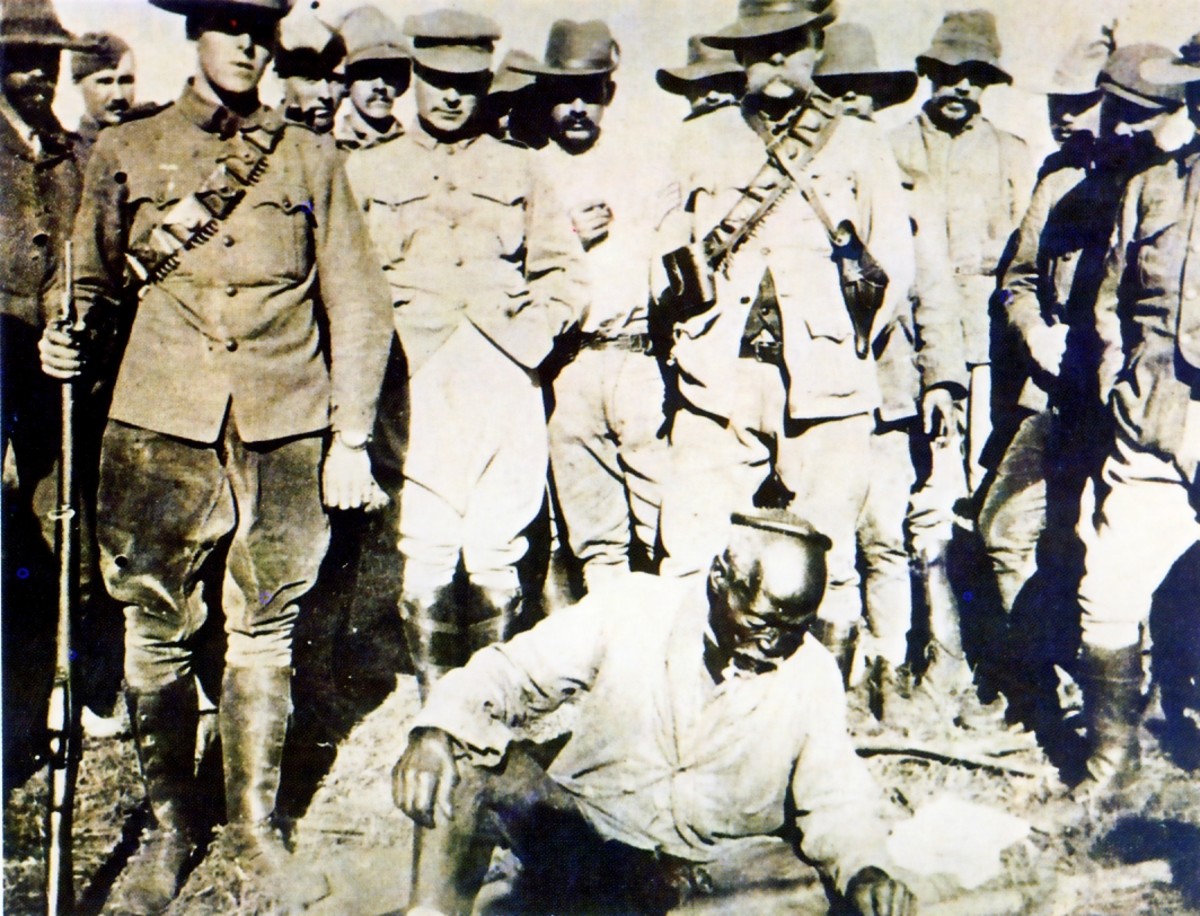Negotiating with the Rebel in You

By Michelle Liew Tsui-Lin
“Without Revolutionary theory, there can be no Revolutionary Movement.”
― Vladimir Lenin
The notorious Russian political leader obviously knew when to rebel. His views allowed him dominance over the great Russian nation.
Defiance, however, is not always wise. We always face conundrums when we rebel. The trick is knowing when and how to say "nay".
We feel tempted to rebel nearly all the time. But everything has its time and place.
Being a rebel is not breaking down doors or slamming fists in protests. Rather, it takes a little negotiation.
How do we lay the cards on the table in front of our own inner rebel?
Which of these are good reasons to rebel?
Why Do We Rebel?
Before we defy, we must ascertain what urges us to go against norms. Only then will we know if rebellion is an apt solution.
1. We have feelings of envy.
We start to clench our fists when we cannot stomach that someone does better than ourselves or has better ideas.
It feels good to challenge someone’s simply because we simply do not sit well with them being better than ours. Colleagues who envy us at the workplace challenge us constantly.
2. Someone/systems suppress us.
We also ball our fists if someone, or a system, has suppressed us for too long. Being in the shadows tires us.
Perhaps someone has been too domineering or an organisational system, too oppressive. Our natural instinct is to rebel, in our own way.
3. We meet challenges to our personal beliefs.
Challenges to our personal beliefs also cause the rise of the rebel.
We turn against those who represent whatever goes against our moral standards or self-esteem. If someone with different beliefs or principles leads us at the workplace, it may prompt us to dissent, regardless of how appropriate his decisions are.
4. We have influences.
And then, we have mentors and friends who influence us to go against the flow.
Friends with radical ideas capture our attention. The more charismatic they are, the more able they are to cause us to question our beliefs.
5. We need to break free from conformity.
Occasionally, we need to set ourselves apart from the rest of the crowd and develop our own identity.
Defying norms is the way to tell others who we are. It allows us to break free from routine and be ourselves.
We go against the grain as a way of showing others who we are. We break free from routine and do something different for a change.
The underlying reasons for rebellion point to how wise it is.
Why Teenagers Rebel
Rebelling Reasonably: Managing Your Rebellion
Being a rebel and breaking the mould of conformity is not bad at all, within manageable, reasonable limits.
How do we strike the balance and start negotiating with our inner rebel?
1. Realize that less popular views are not necessarily wrong.
For a start, realize the non-conformist perspectives are not necessarily wrong ones. If your viewpoint improves a situation, be bold and adopt it. Popular views may mislead.
2. Being a rebel does not mean not mean totally conforming.
Rebelling does not mean going against everything. It simply means holding a contrary view when necessary.
Even known non-conformists such as Kurt Cobain fit in with the crowd unless they felt that popular views were questionable.
3. Have courage and take action.
If you know that it is time to defy norms, do so with courage. Having different ideas, yet not doing anything about them does not help to make positive changes.
4. Put your own spin on common norms.
You do not have to break the rules to stand out. Simply do things differently when necessary.
If you wear an uncomfortable uniform, for instance, tuck it out when off duty,
5. Speak your mind.
Speak up if you feel that norms need adjustment. Express your views as feedback, not outright defiance.
If there is a change needed at work, phrase this a palatable suggestion and not question your boss' ability.
6. Do what is best for yourself.
And then, do what is best for yourself. Ignore the negative criticism you may get for going against norms, if you know that to do so is right.
7. Pick your battles.
Go against the grain only if necessary. If doing so has harmful consequences for yourself or others, seek a different course of action.

Deciding When To Rebel
So how do we decide when to defy norms, conventions and if necessary, authority? Referring to this checklist of questions helps.
1. Is the matter trivial?
Ask yourself if the matter is significant enough to rebel over. Rebelling over petty trivialities is more foolish than helpful.
2. Are the rules reasonable?
If the norms are beneficial and serve a purpose, it does not help to change them simply because you dislike constraints. Think about the benefits of the status quo.
Express feedback about needed changes in a timely, non-threatening way.
3. Does my rebelling affect anyone?
Your dissent may affect those other than yourself. Ask how it may impact others.

Conclusion
Being a rebel is not going up in arms against others all the time, but going against norms, within reason.
It is clenching those fists firmly, without slamming too hard and hurting yourself in the process.
- How to start and maintain an engaging conversation: ...
An article about making conversations and the common mistakes we make while being in conversation - 10 of the best ways to annoy our neighbours: an intr...
A roundabout look at giving advice on good neighborly relations. - How to assert ourselves without burning relationship...
Saying - Battling the green-eyed monster:overcoming jealousy ...
Managing jealousy in relationships can be important. - Communication in marriage and relationships: My stor...
With communication, two opposites can come together in a marriage. Here are some tips for good communication in relationships!








